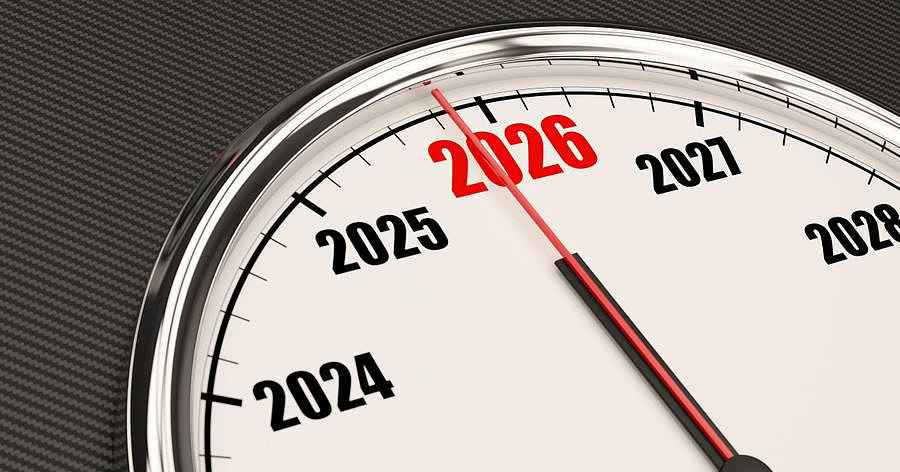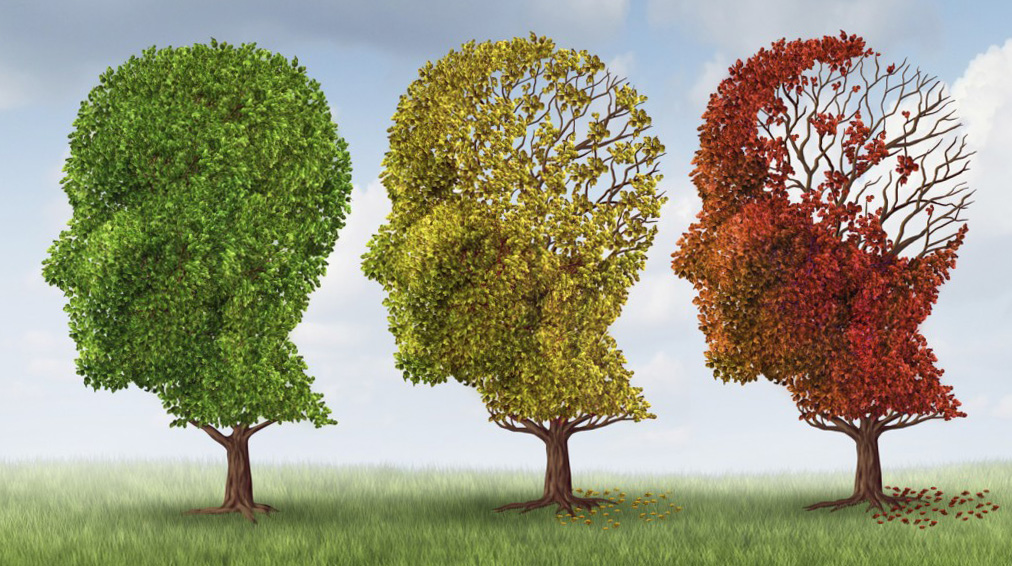






See listing of Recent and Most Popular articles on the Home Page
Health & Wellness
Category: Health & Wellness / Topics: Personal Stories (Biography/Autobiography) • Disease • Health Care • Memory (failing, improving)
Mom had Alzheimer's - What is my risk of getting it?
Posted: September 9, 2015
The Washington Post reporter, whose mother had Alzheimer's, seeks out the doctor who treated her for the latest information on the disease…
The following is an excerpt from an article by Carol Brekower, originally published in the Washington Post on August 17, 2015 under the title “My Mom had Alzheimer’s – What’s my risk of getting it too?”
Hardly a day goes by that doesn’t herald a new scheme for preventing Alzheimer’s disease. And millions of baby boomers who witnessed a parent’s struggle with dementia can’t help but pay attention as they approach the age when their mother or father first displayed signs of disease.
Is there a way to cut through the hype and find out what measures, if any, will help stave off dementia?
Finding my mother’s doctor
To understand my mother’s disease and my own risk, I felt I needed to know what form of Alzheimer’s she had, so I phoned Columbia University’s Richard Mayeux.
In the late 1980s, Mayeux co-founded what is now Columbia’s Taub Institute for Research on Alzheimer’s Disease and the Aging Brain. Although he has yet to find a cure, Mayeux has discovered a great deal about how Alzheimer’s is passed on from one generation to the next.
According to Mayeux, the decision to separate Alzheimer’s patients into two groups was made for the convenience of researchers. “At one point we thought that the early-onset form was more likely to be genetic than the late-onset form. But I don’t think anybody buys that right now,” he said.
(A third, familial form of Alzheimer’s is extremely rare, but it is associated with onset in the 50s or younger, and children of these people have a 50 percent risk of carrying the disease gene. Based on my mother’s family history, it was unlikely that she carried a familial Alzheimer’s mutation.)
Environment and lifestyle
“It’s not diet, and there’s no medication,” Mayeux said. “But regular physical activity really is preventive. It even helps people who have early-stage disease. Being mentally active also is good. These are from randomized studies. It’s been proven from animal studies all the way up through humans.”
Just last month, three studies presented at the Alzheimer’s Association International Conference reported beneficial effects when people with mild cognitive impairment or Alzheimer’s engaged in aerobic exercise at least three times a week.
Mayeux’s emphasis on regular exercise mirrors a growing consensus in the medical community that what’s good for the heart is good for the brain. Recently, a heart-healthy diet with an emphasis on leafy greens and berries was shown to correlate with a reduced risk of Alzheimer’s disease.
Mayeux doesn’t include diet in his list of proven interventions because, by the rigorous standards required to prove that Intervention A protects against Disease B, science has yet to demonstrate that changing one’s diet can alter one’s risk of Alzheimer’s.
Smoking, coffee
I couldn’t argue with the apparent value of physical and mental exercise, but I had to ask: What ever happened to smoking? A handful of studies claimed that smokers have a reduced rate of Alzheimer’s disease, but none have done so in recent years.
“It has gone back and forth. At one point people thought that if you smoked, you wouldn’t get Alzheimer’s. Now, more of us think that’s probably not true.”
What about coffee? Mayeux said that the caffeine studies in animals look promising. Although dozens of studies have reported on the link between caffeine intake and protection from dementia in humans — and many have found a correlation — there has been no large randomized controlled trial that could prove cause and effect.
A plan of action
None of this was definitive, but it helped me come up with a plan: I’d double my aerobic exercise frequency to four days a week, continue to seek mentally challenging work as a science writer and punctuate my mornings with a couple of coffee breaks. And because I am willing to accept a lower standard of proof on the diet front, I decided to increase my intake of leafy greens and berries.
One thing still nagged me: whether I could determine my own risk of developing the disease.
Mayeux believes that most of the genes that contribute to Alzheimer’s have been identified, about 30 in all. Theoretically, someone could sequence my DNA, look at those genes and estimate my risk. So should I be tested?
Mayeux thinks not. “You only screen somebody [for a disease] if you have a means of intervening” to mitigate it, he said. Genetic screening would be most helpful if it could identify a specific target for treatment.
He gives the example of cholesterol. Although many people with high cholesterol will not have heart attacks, high cholesterol is a “modifiable risk factor.” That means a person can reduce her cholesterol level through a combination of diet and medication and thereby reduce her risk of heart attack.
“That’s what we’re trying to do,” he said, but “we just haven’t found a good biomarker like cholesterol, the cholesterol equivalent for Alzheimer’s disease.”
Targeted therapies
In 2005, a New Yorker article describing Mayeux’s research imagined that “a decade from now, your doctor will look up your gene profile and decide whether you have a high risk for Alzheimer’s, and then give you a prophylactic treatment of some sort.” Is the development of targeted therapies still his goal?
“Oh, I think it’s actually everybody’s dream,” he says. But it requires figuring out which combinations of genetic mutations lead to increased risks and then designing treatments that will reduce these risks. The task seems monumental, but Mayeux remains optimistic: “They’re doing some very creative things with genes, so you never know, you never know.”
Mental checkups
For baby boomers and relatives of Alzheimer’s patients who are anxious about their own health, Mayeux conducts a baseline evaluation of their mental function that includes solving a simple math problem, remembering a story or a few words, naming the last five presidents, writing a complete sentence and drawing boxes or cubes. He said they return for yearly follow-ups “until they are convinced they are not progressing, and then they send me a postcard saying, ‘I’m still good, doc.’ ”
Annual testing might be a good strategy for keeping my own Alzheimer’s worries at bay — at least for as long as the results remain negative. In the near term, though, once I finish this cup of coffee, I’ll get on my bike and do what’s good for the heart. I’ll do the same thing the next day, a day or two after that and so on for as long as possible to stay healthy.
And I hope that my brain will follow.
Read the full version of the article at www.washingtonpost.com/national/health-science/my-mom-had-alzheimers-whats-my-risk-of-getting-it-too/2015/08/17/3ba5a668-2fae-11e5-8353-1215475949f4_story.html
Search all articles by Carol Brekower
Posted: September 9, 2015 Accessed 902 times
![]() Go to the list of most recent Health & Wellness Articles
Go to the list of most recent Health & Wellness Articles
![]() Search Health & Wellness (You can expand the search to the entire site)
Search Health & Wellness (You can expand the search to the entire site)
![]() Go to the list of Most Recent and Most Popular Articles across the site (Home Page)
Go to the list of Most Recent and Most Popular Articles across the site (Home Page)
 Loading requested view...
Loading requested view...